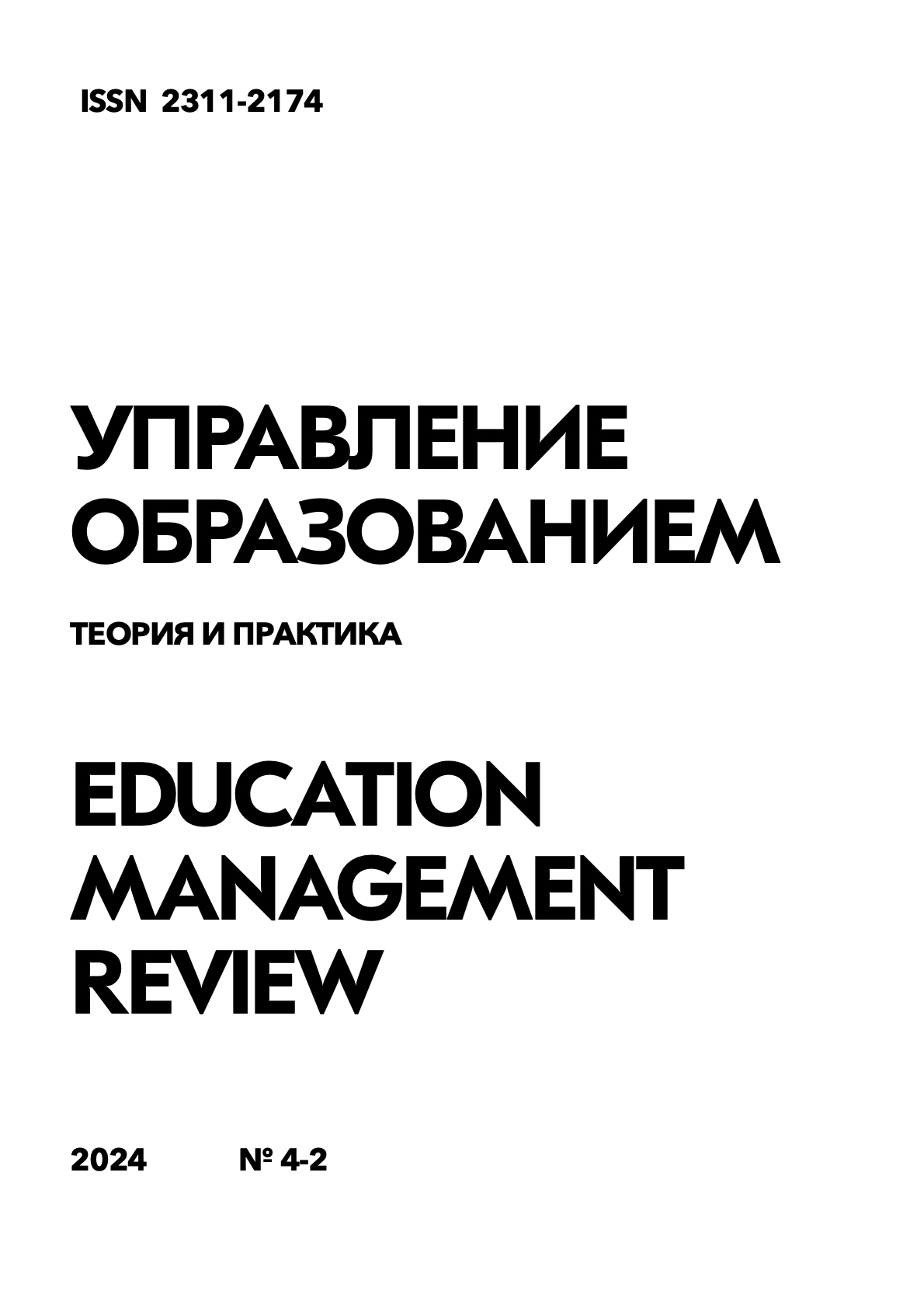The impact of game sports on the physical and mental health of children and adolescents
Keywords:
game sports, children, adolescents, physical health, mental health, systematic review, metasynthesis, semi-structured interview.Abstract
Gaming sports are traditionally considered an important factor in the physical and mental development of children and adolescents. However, scientific data on their impact on the health of the younger generation are not always unambiguous and require further reflection. The purpose of the study is to comprehensively analyze the impact of playing sports on the physical and mental health of children and adolescents. Methods. The research is based on a combination of quantitative and qualitative methodology. A systematic review of scientific publications in reputable databases (PubMed, Scopus, Web of Science) for 2010-2023 was conducted. From 1784 sources found, 56 full-text articles were selected that meet the inclusion criteria. Their critical analysis and metasynthesis were performed. Additionally, semi-structured interviews were conducted with 30 coaches and 60 young athletes (9-17 years old). The transcripts were processed by the method of thematic analysis. Results. The predominantly positive effect of game sports on physical health indicators, motor abilities and cognitive functioning has been revealed. At the same time, excessive training loads, pressure from coaches and parents, inadequate perception of failures can lead to psychological distress and loss of motivation. The importance of a reasonable balance between sports specialization and harmonious personal development has been established. Discussion. The results emphasize the need for a balanced approach to the organization of youth sports. The practical significance is associated with the possibility of improving training programs and psychological and pedagogical support for young athletes. The prospects for further research are longitudinal projects covering different stages of a sports career.
References
Crane J., Temple V. A systematic review of dropout from organized sport among children and youth // European physical education review. 2015. № 21(1). рр. 114-131.
DiFiori J.C., Benjamin H.J., Brenner J.S., Gregory A., Jayanthi N., Landry G.L., Luke A. (2014). Overuse injuries and burnout in youth sports: a position statement from the American Medical Society for Sports Medicine // British Journal of Sports Medicine. 2014. № 48(4). рр. 287-288.
Eime R.M., Young J.A., Harvey J.T., Charity M.J., Payne W. R. A systematic review of the psychological and social benefits of participation in sport for children and adolescents: informing development of a conceptual model of health through sport // International Journal of Behavioral Nutrition and Physical Activity. 2013. № 10(1). рр. 98.
Gao Z., Lee J.E., Pope Z., Zhang D. Effect of active videogames on underserved children's classroom behaviors, effort, and fitness // Games for Health Journal. 2016. № 5(5). рр. 318-324.
Holt N.L., Neely K.C., Slater L.G., Camiré M., Côté J., Fraser-Thomas J., Tamminen K.A. (2017). A grounded theory of positive youth development through sport based on results from a qualitative meta-study // International review of sport and exercise psychology. 2017. № 10(1). рр. 1-49.
Leppänen M.H., Pasanen K., Kannus C., Parkkari J. Epidemiology of overuse injuries in youth team sports: a 3-year prospective study // International journal of sports medicine. 2019. № 40(12). рр. 790-797.
Myer G.D., Jayanthi N., Difiori J.С., Faigenbaum A.D., Kiefer A.W., Logerstedt D., Micheli L.J. Sport specialization, part I: does early sports specialization increase negative outcomes and reduce the opportunity for success in young athletes? // Sports Health, 2015. № 7(5). рр. 437-442.
Post E.G., Bell D. R., Trigsted S.M., Schaefer D.A., Wichman D.M., Watson A.M., McGuine T.A. Association of competition volume, club sports, and sport specialization with sex and lower extremity injury history in high school athletes // Sports Health. 2016. № 8(6). pp. 518-523.
Smith A.L. Peer relationships in physical activity contexts: A road less traveled in youth sport and exercise psychology research // Psychology of Sport and Exercise, 2003. № 4(1). рр. 25-39.
Soligard T., Schwellnus M., Alonso J.M., Bahr R., Clarsen B., Dijkstra H.C., Van Rensburg C.J. How much is too much? International Olympic Committee consensus statement on load in sport and risk of injury (Part 1) // British journal of sports medicine. 2016. № 50(17). pp. 1030-1041.
Strachan L., Côté J., Deakin J. A new view: exploring positive youth development in elite sport contexts // Qualitative Research in Sport, Exercise and Health. 2011. 3(1). pp. 9-32.
Vella S.A., Cliff D.C., Magee C.A., Okely A.D. Associations between sports participation and psychological difficulties during childhood: a two-year follow up // Journal of Science and Medicine in Sport. 2015. № 18(3). рр. 304-309.
Visek A.J., Achrati S.M., Manning H., McDonnell K., Harris B.S., DiPietro L. (2015). The fun integration theory: toward sustaining children and adolescents sport participation // Journal of Physical Activity and Health. 2015. № 12(3). pp. 424-433.
Vora M., Curry E., Chipman H., Matzkin E., Li X. Comprehensive update on treatment of overuse elbow injuries in the throwing athlete // Current reviews in musculoskeletal medicine. 2017. № 10(4). рр. 419-430.
Yang X., Telama R., Hirvensalo M., Viikari J.S., Raitakari O.T. Sustained participation in youth sport decreases metabolic syndrome in adulthood // International Journal of Obesity. 2009. № 33(11). рр. 1219-1226.
Downloads
Published
How to Cite
Issue
Section
License

This work is licensed under a Creative Commons Attribution-NonCommercial-NoDerivatives 4.0 International License.




